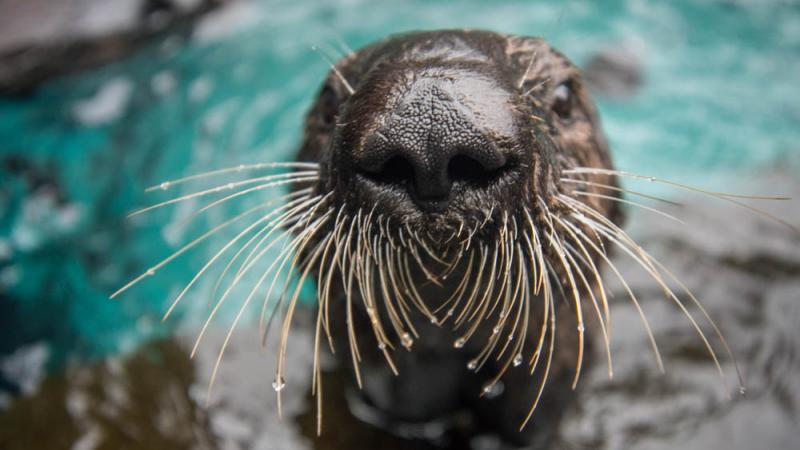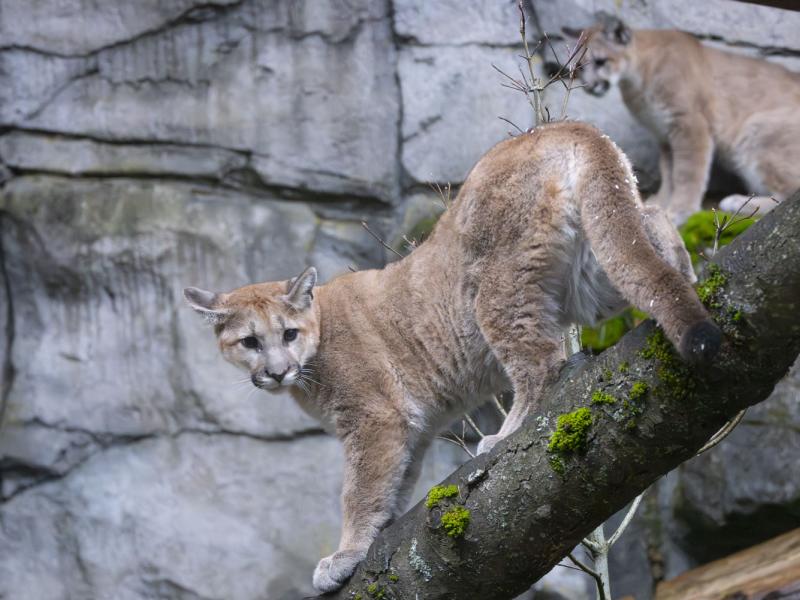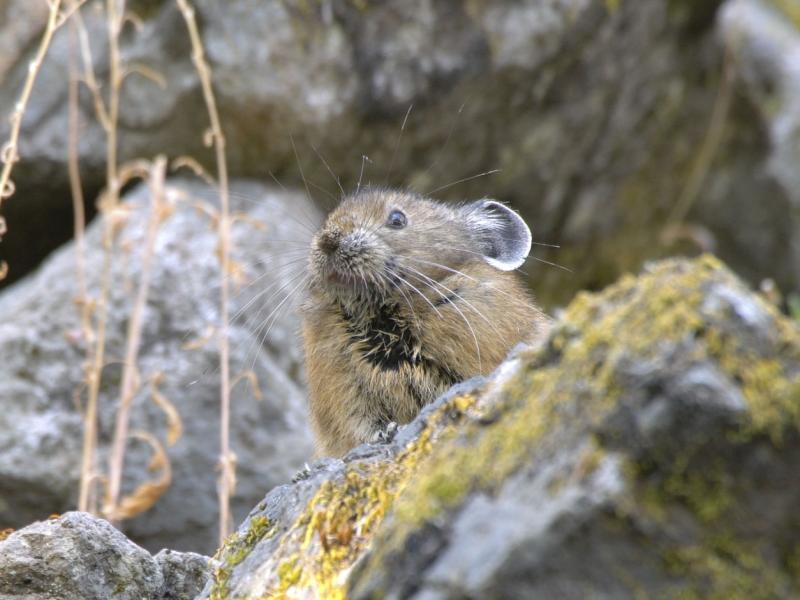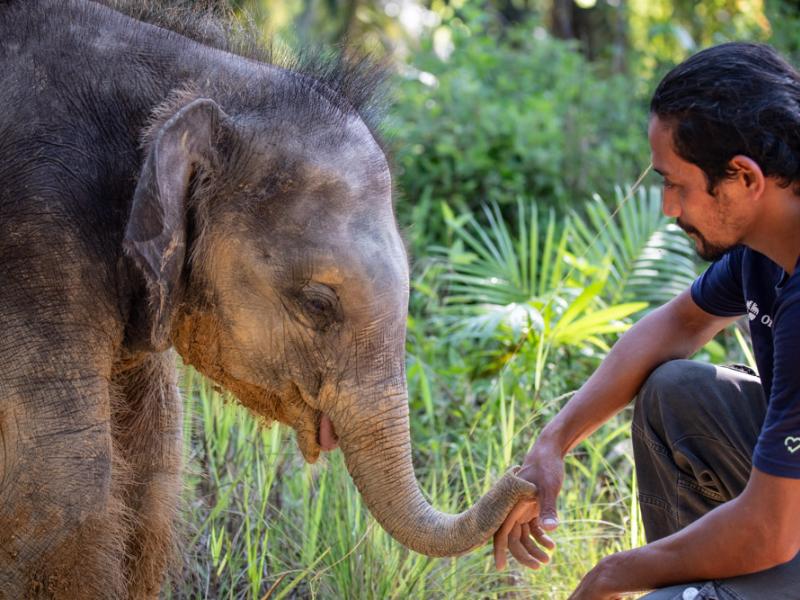Orphaned sea otter pup 'Uni Sushi' has a new home at Oregon Zoo

5-month-old pup, rescued in California, is settling in at the zoo's Steller Cove habitat
The Oregon Zoo's sea otter family got a little fluffier this week as Uni Sushi, an orphaned pup, arrived in the Steller Cove marine life habitat. The 24-pound 5-month old is settling in quickly, and is currently being cared for in a behind-the-scenes nursery.
Found stranded on a beach near Santa Cruz in December, Uni was brought to the Monterey Bay Aquarium's rescue and care program as a tiny pup. Unable to be paired with a surrogate mom, she was eventually deemed non-releasable by the U.S. Fish and Wildlife Service.
"We're thrilled to be able to give Uni a home," said Nicole Nicassio-Hiskey, the zoo's senior marine mammal keeper. "She's already showing us her playful personality — I think she's going to have a lot of fun here with our sea otters Lincoln and Juno."
The marine mammal care team has named the pup "Uni Sushi" (uni is the Japanese word for sea urchin), in honor of the diet of sustainable seafood she and the rest of the sea otter family enjoy. Because of their high metabolism, sea otters eat about 25% of their weight in clams, crabs, shrimp, sea urchins, mussels, squid and fish each day.
Visitors should get their first look at the young pup next month, when she joins the zoo's adult sea otters in the pool at Steller Cove.
Sea otters, once abundant along the Oregon coast, were hunted to extinction here in the early 1900s and have not established permanent residence in the state for more than a century. A few visiting otters have been sighted in recent years, notably in Depoe Bay in 2009. Though currently protected from hunting by the Marine Mammal Protection Act of 1972 and the Endangered Species Act of 1973, they continue to be threatened by oil spills, fishing nets and infectious diseases.
Sea otters are considered a keystone species and play critical role in the Pacific Coast marine ecosystem, promoting healthy kelp forests, which in turn support thousands of organisms.
More News

Rescued cougar cubs are venturing out
A pair of orphaned cougar cubs, rescued and brought to the zoo by Washington Department of Fish and Wildlife staff in November, have begun exploring their outdoor habitat.April 17, 2025

Zoo seeks pika watchers for summer season
The Oregon Zoo is recruiting volunteers for Cascades Pika Watch.April 15, 2025

Zoo convenes action for imperiled elephants
Sabah government representatives joined conservation NGOs, local communities, palm oil producers, and tourism operators this week in the fight to save the world’s smallest elephants from extinction.April 11, 2025

